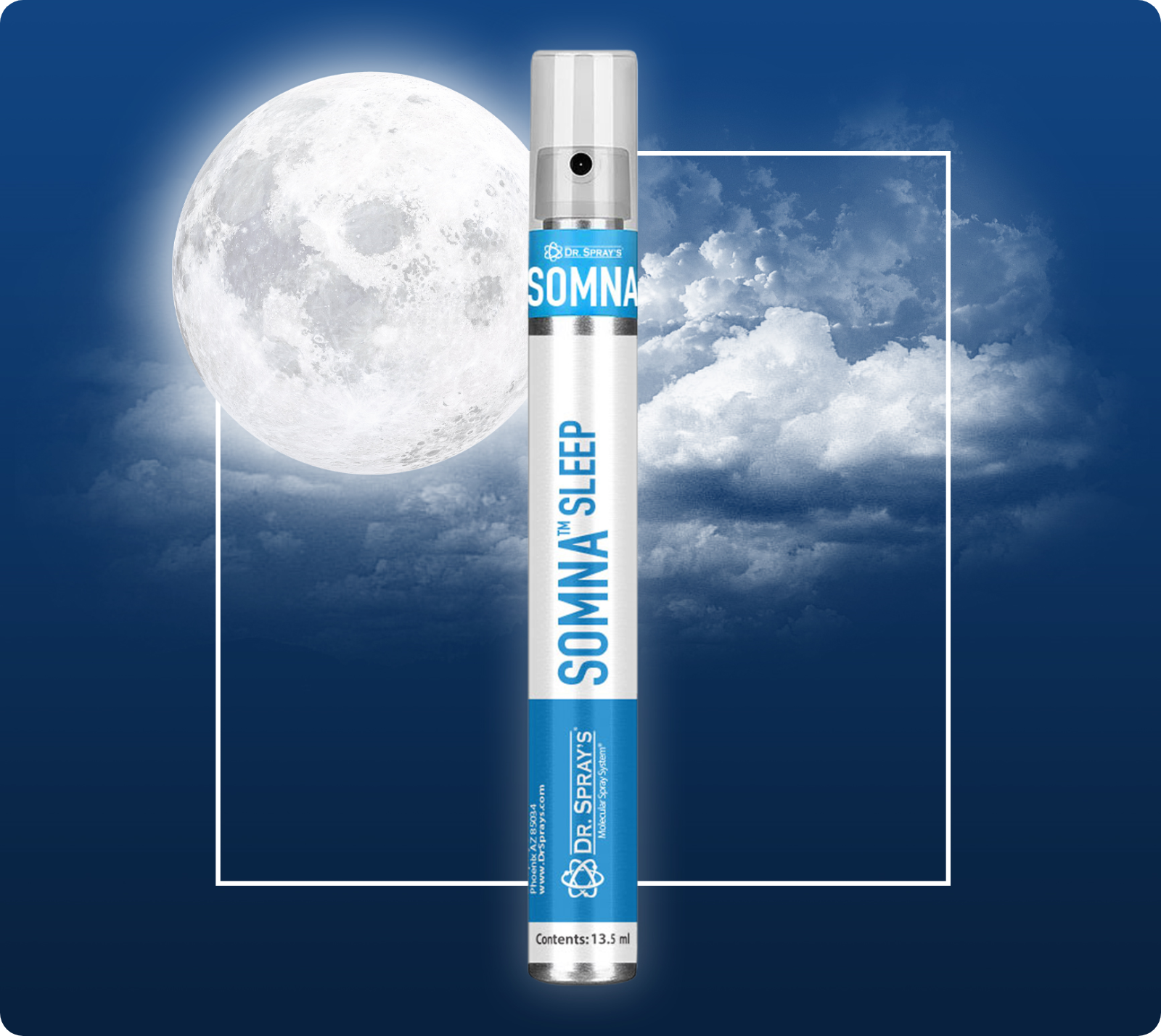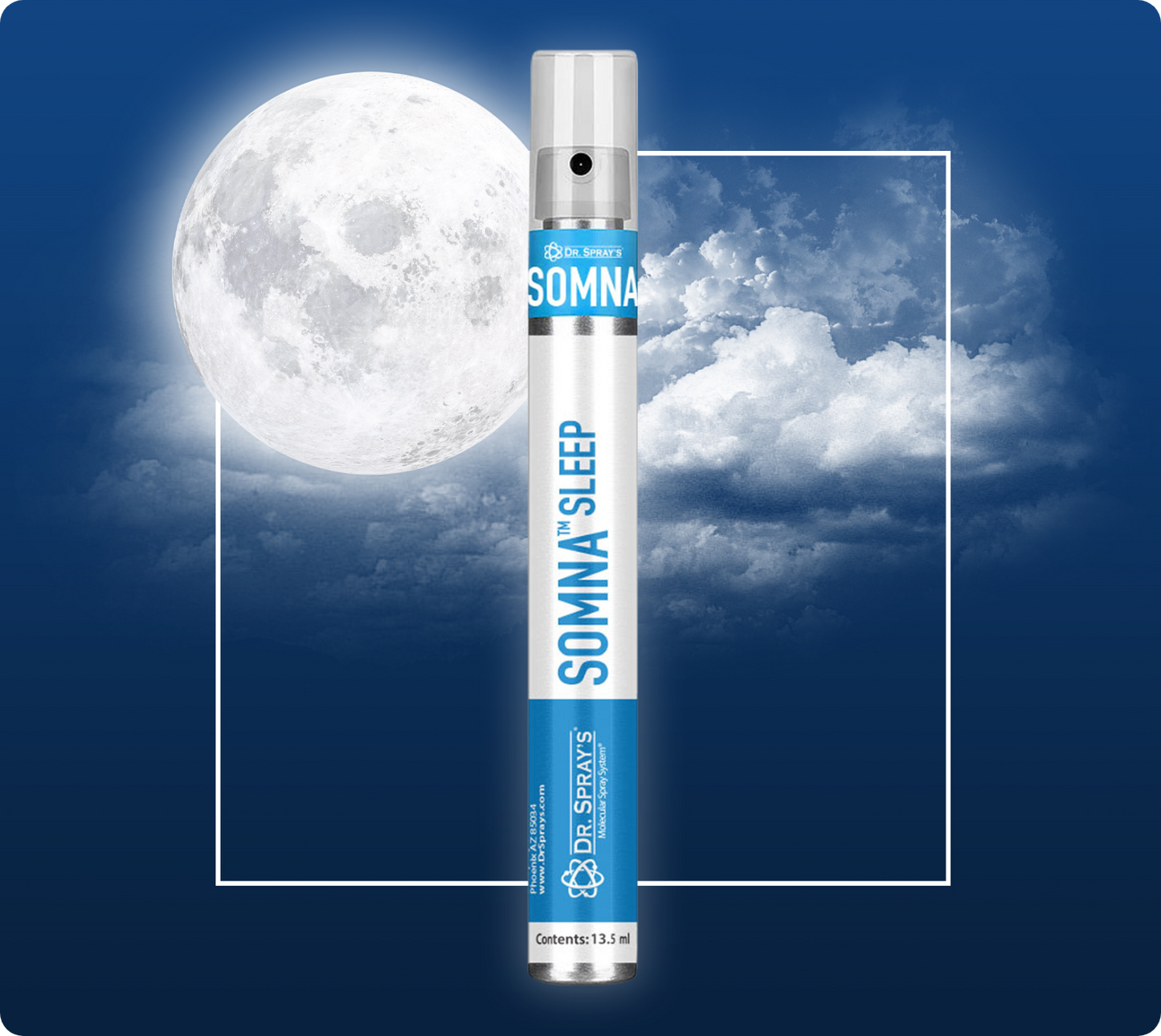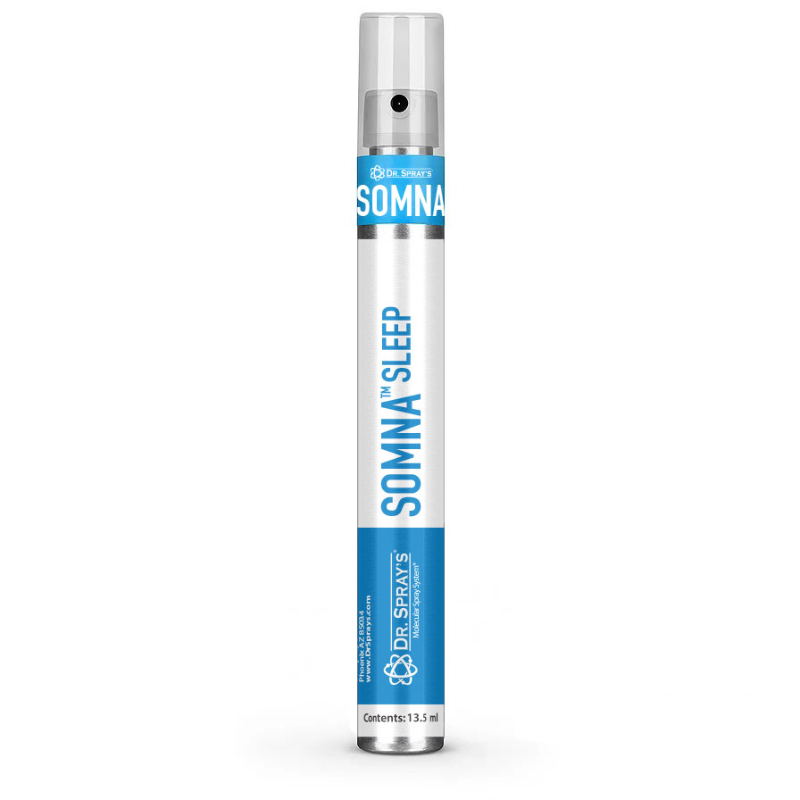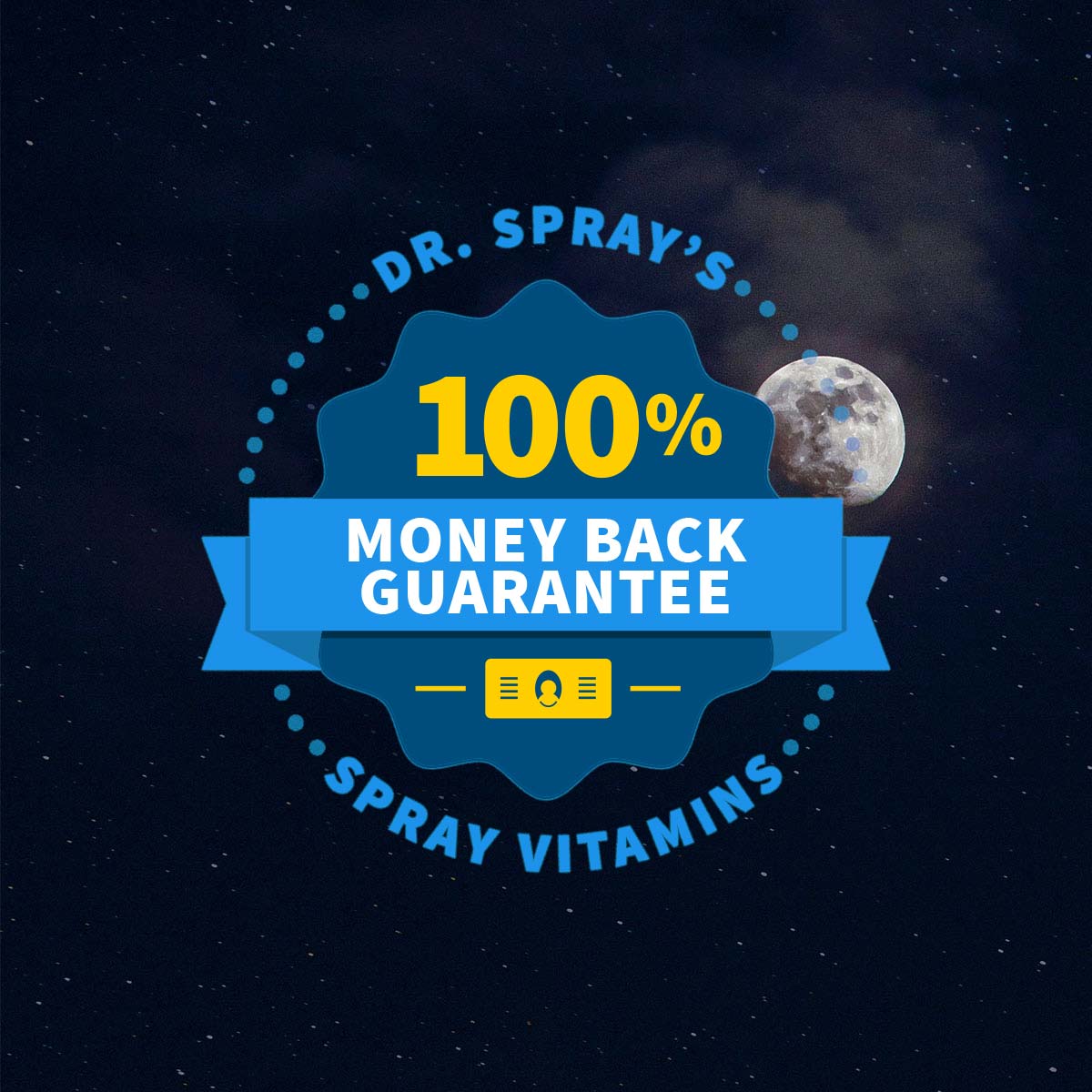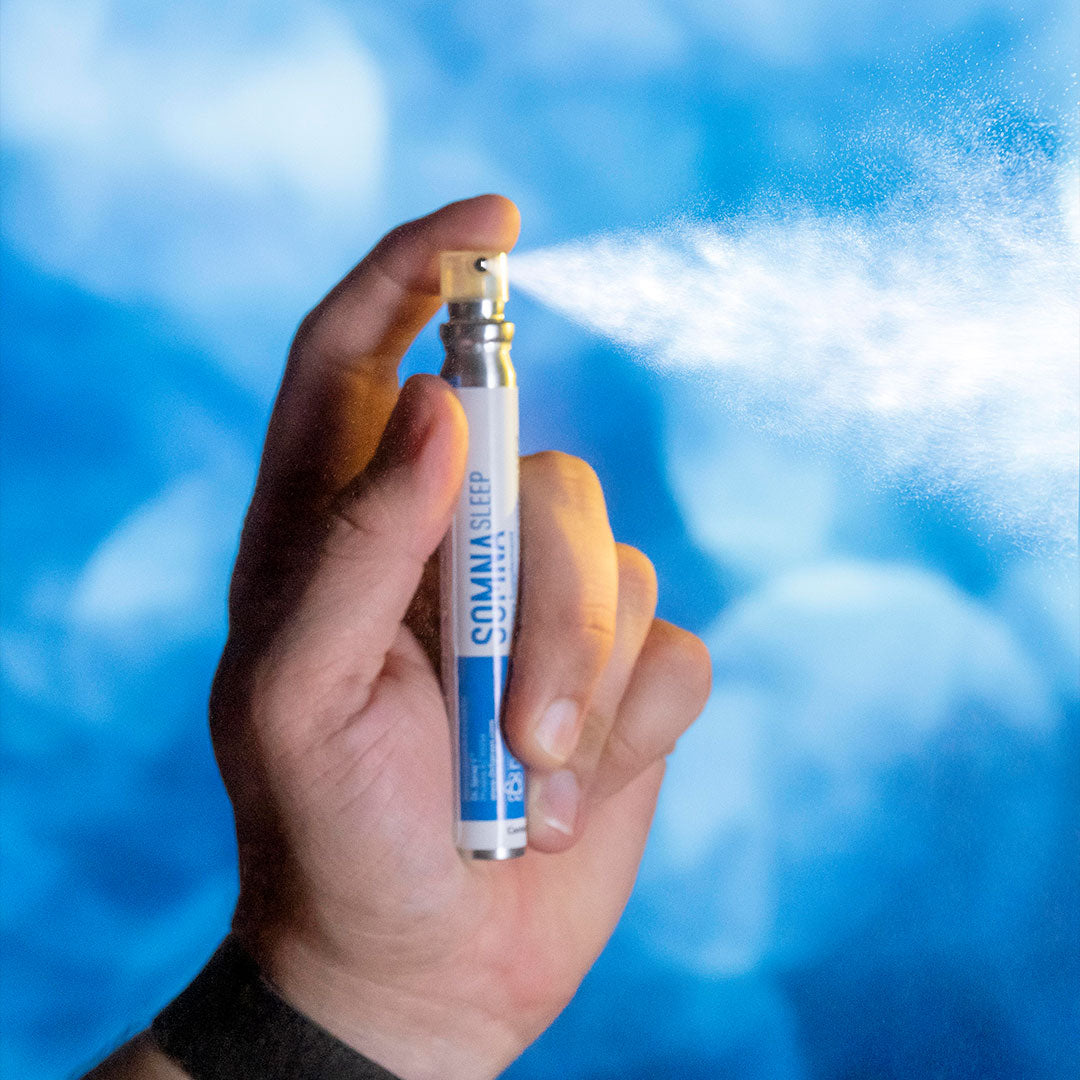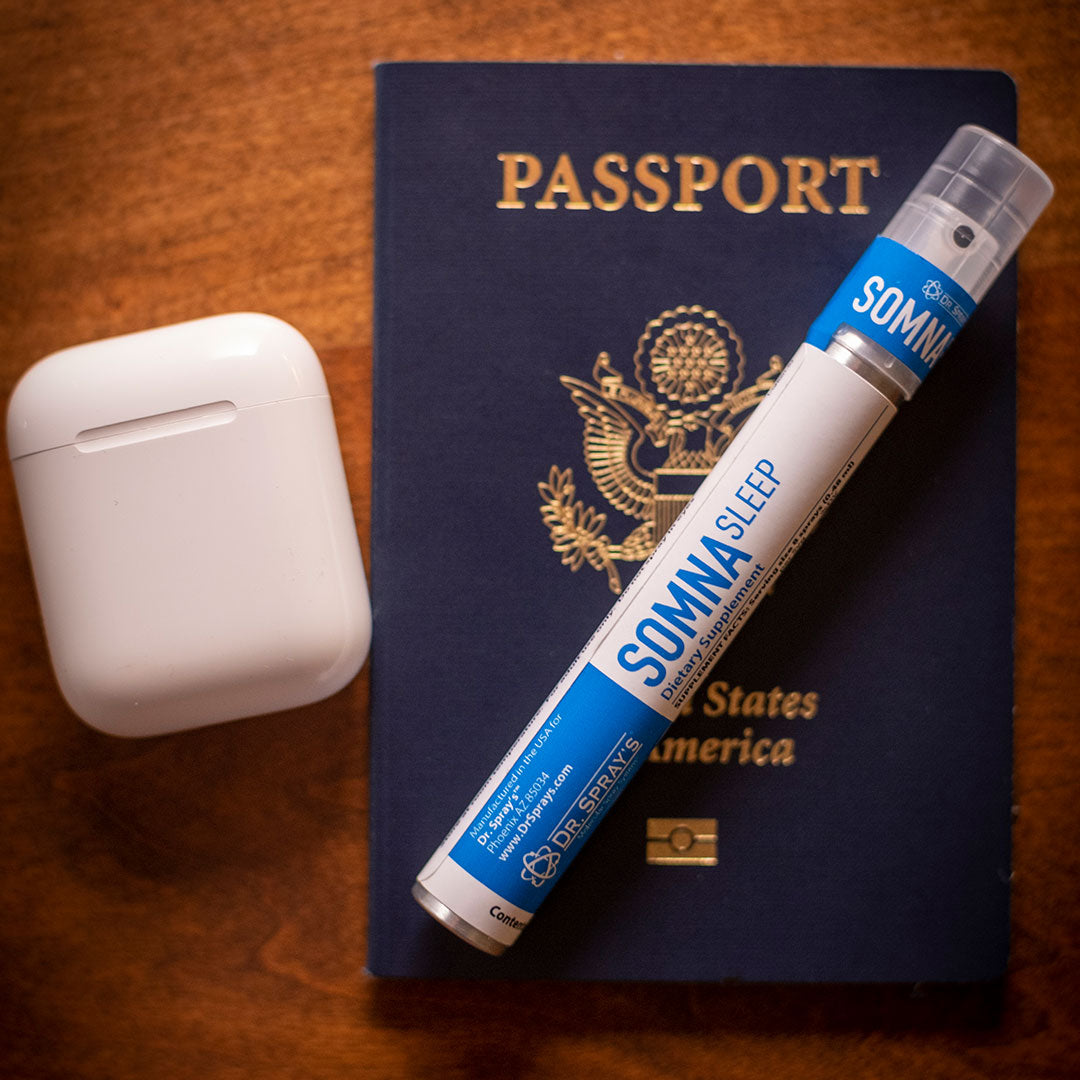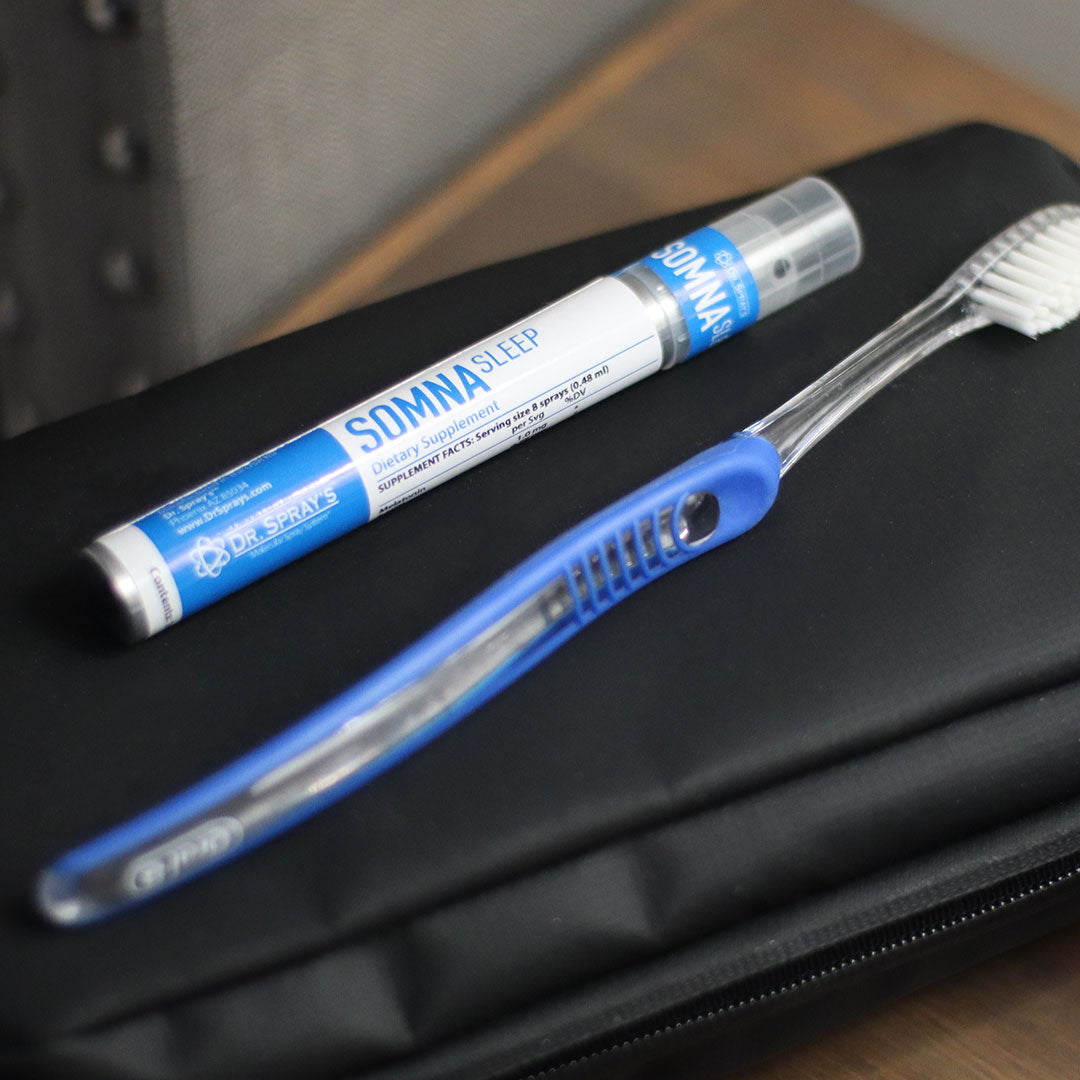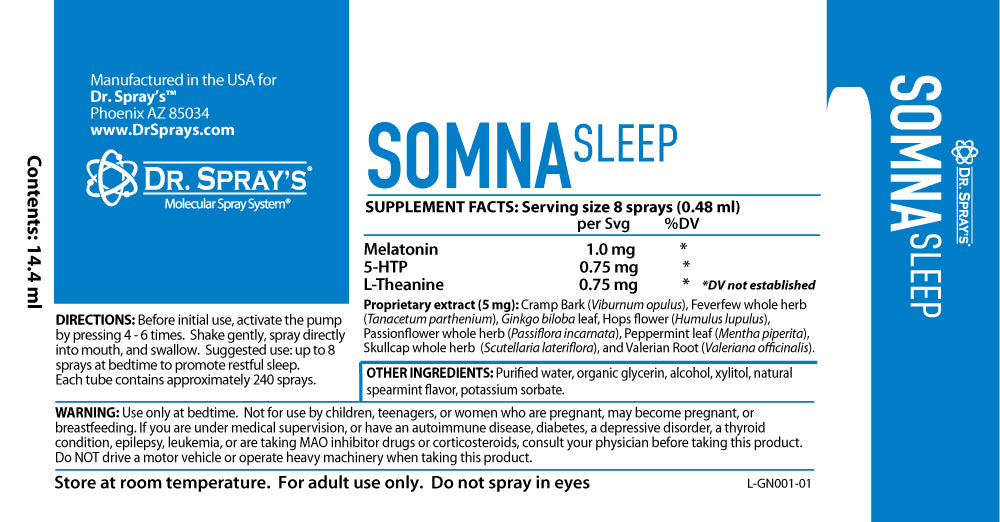If you're one of the millions of Americans who struggle with insomnia, you may be wondering if there's an over the counter sleep aid that actually works. The answer is yes and no. While there are some OTC sleep aids that can help you get a good night's sleep, not all of them are effective for everyone. It's important to choose the right sleep aid for your individual needs. Here's a look at some of the most popular OTC sleep aids and how they can help you get the restful sleep you need.
Diphenhydramine
Diphenhydramine is an antihistamine that's commonly found in OTC sleep aids like Benadryl. It works by blocking histamine, a chemical that promotes wakefulness. This can help you feel sleepy and fall asleep faster. However, diphenhydramine can cause side effects like dry mouth, dizziness, and morning grogginess. It's also not recommended for people with certain medical conditions like glaucoma, asthma, or urinary retention.
Melatonin
Melatonin is a hormone that helps regulate your body's sleep-wake cycle. Your body naturally produces melatonin when it's dark outside. This can make you feel sleepy. Taking a melatonin supplement can help people with insomniafall asleep faster and stay asleep longer. Melatonin is generally safe with few side effects, but it can interact with certain medications. It's also not recommended for children or pregnant women.
Valerian Root
Valerian root is an herb that's been used to treat insomnia and anxiety for centuries. It's thought to work by increasing levels of GABA, a calming neurotransmitter in the brain. Some studies have shown that valerian root can help people fall asleep faster and improve sleep quality. However, there is not enough scientific evidence to say definitively that it works for everyone. Valerian root is generally safe, but it can cause side effects like headaches, stomach upset, and vivid dreams.
Chamomile
Chamomile is a popular herbal tea that has long been used as a natural remedy for anxiety and insomnia. Chamomile contains apigenin, a compound that binds to receptors in the brain that promote relaxation. Some studies suggest that drinking chamomile tea can help people with insomnia fall asleep faster and sleep more soundly. Chamomile is generally safe, but it can cause allergic reactions in some people.
Conclusion
There are a variety of OTC sleep aids available, but not all of them are effective for everyone. It's important to choose the right sleep aid for your individual needs. If you're unsure which sleep aid is right for you, talk to your doctor or pharmacist for more information.


